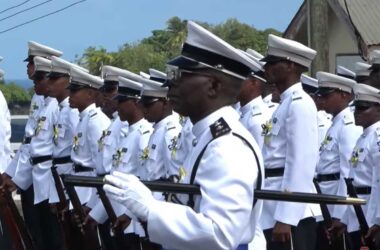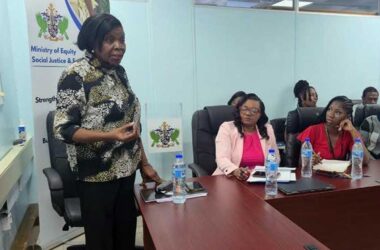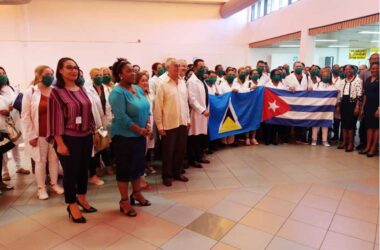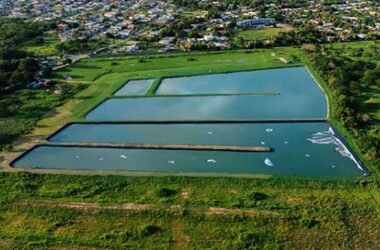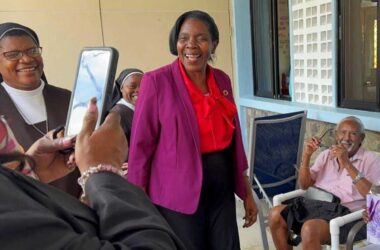THE situation with dengue fever in the country could only be improved if Saint Lucians work together. So said Dr. Michelle Francois of the Ministry of Health and Wellness as reported on Saint Lucia’s first ever dengue fever related death.
“The Ministry of Health and Wellness continues to note increases in trends of dengue viral infection. In August 2020, the Ministry of Health and Wellness declared an outbreak of Dengue Fever. To date, Saint Lucia has recorded a total of 540 confirmed cases of Dengue Fever,” she said.
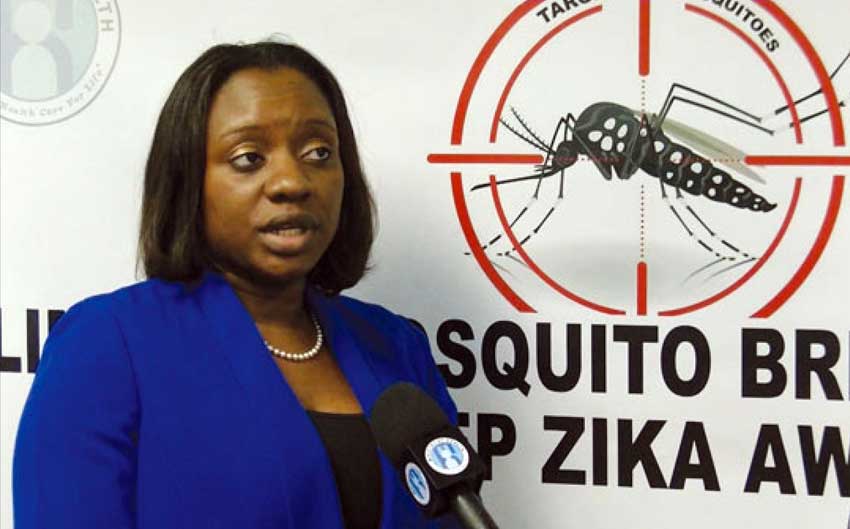
Admitting this week that an adult male was the country’s first ever dengue-related death, Dr. Francois appealed to Saint Lucians to eliminate mosquito breeding sites in and around their homes while underscoring that there is no specific treatment for the disease.
The call for Saint Lucians to be more responsible and accountable for their actions in light of the disease was made by other health officials as the seriousness of the situation in the country unfolds.
Emmerson Vitalis, Senior Environmental Health Officer, yesterday also called on Saint Lucians to take responsibility for their health and actions as it relates to curbing the spread of the disease. According to him government cannot be in every single community to do what it does to eliminate the disease.
The individual who died was hospitalized after presenting signs and symptoms of severe dengue infection, noted Francois, adding that although cases have been identified throughout the island, most of the confirmed cases are concentrated in the northern region in areas such as Castries, Gros Islet and Central Babonneau.
According to Dr. Francois the ages of confirmed cases range from three weeks to 84 years, with the age group 5-14 years accounting for approximately 39% of cases.
Dengue Fever is a viral illness spread by the bite of the species Aedes aegypti mosquito and, to a lesser extent, Aedes Albopictus. It is endemic to Saint Lucia, meaning that there is continued local transmission which often peaks during and after rainy seasons.
There are four serotypes of the virus that cause Dengue Fever (DENV-1, DENV-2, DENV-3 and DENV-4). In the past, all four serotypes of Dengue virus have been known to circulate. Persons receive lifelong immunity against a serotype once infected with it; however cross-immunity to the other serotypes after recovery is only temporary.
Infection with one serotype makes an individual more susceptible to a more severe form of dengue if that individual becomes infected with another serotype. For 2020, both serotypes two and three have been in circulation, thereby increasing the likelihood of persons presenting with the severe form of Dengue Fever.
About 75% of dengue infections are asymptomatic or produces a very mild febrile illness. Persons with mild Dengue Fever may present with fever, headache, pain behind the eyes, muscle and joint pains and a red itchy rash. With severe Dengue Fever, persons may experience bleeding from the gums or nose, vomiting blood or passing blood in the stool and/or severe abdominal pain.
Approximately 5% of persons progress to this severe form of dengue infection. There is no specific treatment for Dengue Fever and management is supportive based on presenting signs and symptoms. Because the vector requires water to breed, the public is asked to assist in the control of Dengue Fever by eliminating breeding sites in and around their homes.
This can be done by discarding of all open containers with stagnant water in and surrounding your home on a regular basis. – Using insect repellent, which may be applied directly to the skin, clothing or mosquito nets. – Wearing long-sleeved shirts and long pants especially during the hours of highest mosquito activity.




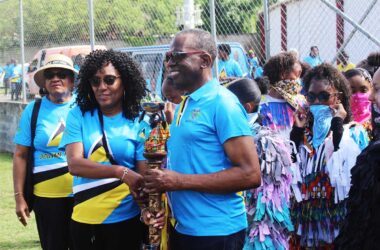

![Amy Stephen [Photo credit: Community Tourism Agency]](https://thevoiceslu.com/wp-content/uploads/2026/01/Amy-Stephen-feat-380x250.jpg)
